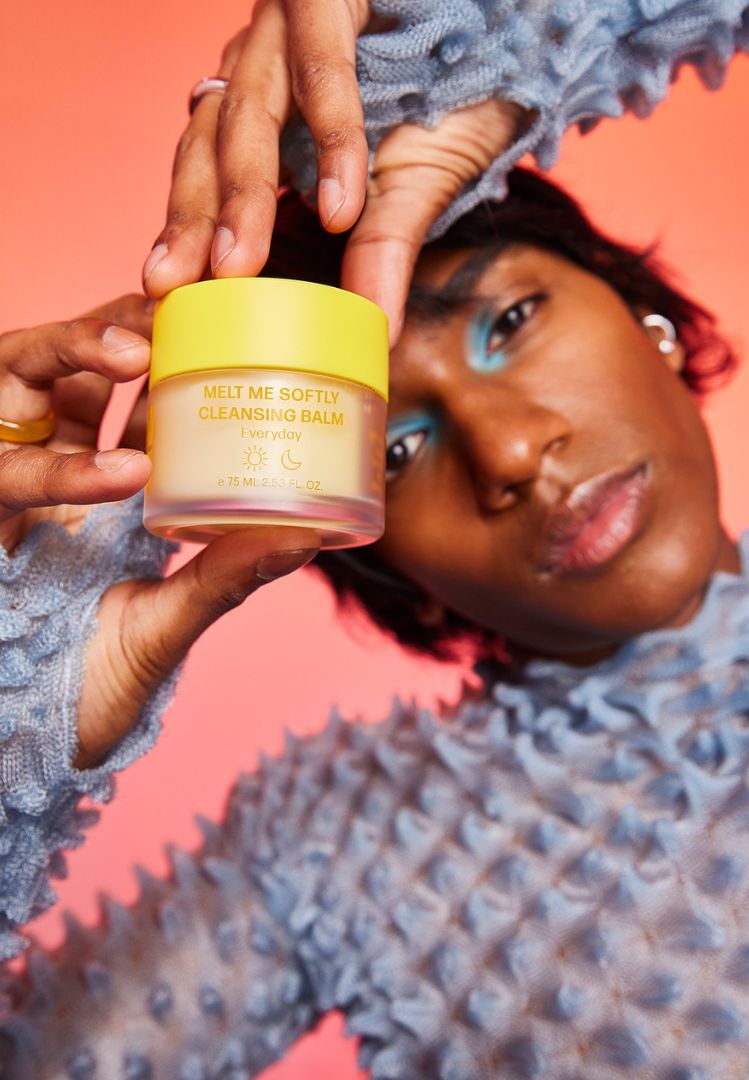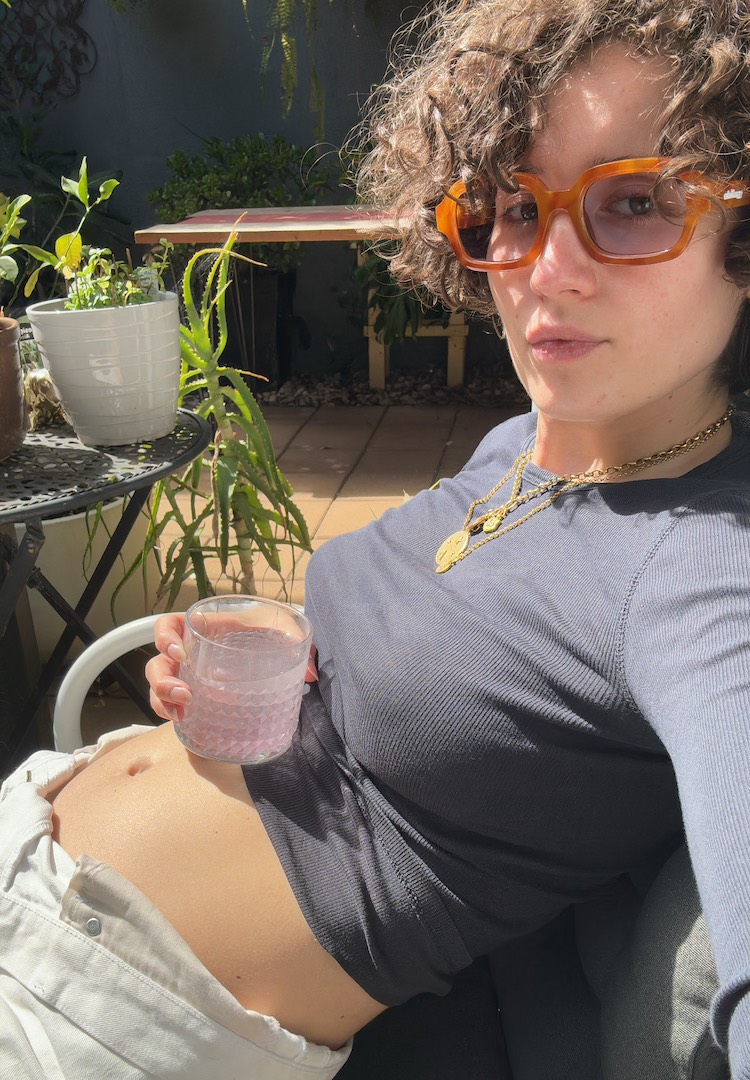What my first year living with a chronic illness taught me
IMAGE VIA @zigs_mom/INSTAGRAM
Words by Carmen Azzopardi
“Show daily gratitude for your body, appreciating all that it does for you.”
An easier way to summarise my first 12 months living as a type 1 diabetic, would probably be to rephrase the above title to ‘What haven’t I learnt from my first year living with a chronic illness?’ Truthfully, I could pack it up there but that leaves far less room for self-indulgent reflection and to be honest, I’ve never been a big fan of rhetorical questions anyway.
I was diagnosed with type 1 diabetes in late May 2020, in the midst of our first (Sydney) lockdown and only five days after my 25th birthday. I had been experiencing telltale symptoms for roughly six months prior to this, including frequent urination, excessive thirst and weight loss, numbness in my fingertips and scary blackout periods.
Want to read more about how others navigate the world? Try our Life section.
Although one might think my diagnosis would come with feelings of relief – finally, an answer to all these strange health issues! – for me, it felt like anything but.
No less than 24 hours after a surreal night spent in the emergency room, I found myself sat in a nurse’s office in the diabetes ward. Across from me, a woman was demonstrating how to test my blood on a glucometer and inject myself with insulin, something she said would eventually become second nature to me “like brushing your teeth”.
I remember shaking my head when she said this. How could something so foreign and so daunting become as simple as brushing my teeth? I couldn’t help but laugh and tell her I’d never wrap my head around it.
Almost 15 months on and I’ve found that she was right. In the morning, I can easily check my blood while ordering a coffee – juggling my glucometer, test strips and insulin pen in one hand while picking up my iced soy latte from the counter with the other. Simple. But 12 months ago, attempting this would have sent me straight into messy tears and it’s easy to see why.
Being diagnosed with a chronic health condition changes everything, shifting your priorities permanently. Not only was I immediately confronted with my own mortality (pre-diagnosis I was very much convinced I was invincible), but my relationship to food, my body, my health and to loved ones became displaced.
My diagnosis also sparked a seemingly never-ending stream of internal questions that I now face daily. Some questions are big and scary:
- Can I live a full life with t1d?
- What if I fall into a coma one day?
- What if I can’t conceive?
- What if I lose my eyesight?
- Will things ever go back to ‘normal’?
Some questions are small, but still just as scary:
- Can I eat this?
- How many carbs are in this?
- Was that pre-bolus correct?
- Do I have enough hypo-treats on hand?
- Am I hyper or just anxious?
While I can’t find the words to convey the frustration and exhaustion that accompany these constant questions, what I can do is acknowledge the truly unique perspective my chronic illness offers me.
It’s estimated that a type 1 diabetic makes an extra 180 decisions per day. Couple this with my ongoing stream of internal questions, and the general fatigue of simply being alive, and you begin to understand how those who live with a chronic illness might have little-to-no room to think about anything else. When I reflect on this, I find myself in agreement and often wondering what the heck consumed my thoughts before I was diagnosed. Relationships? Work? Tiger King? Whatever it was I spent so much time thinking about pre-diagnosis seems completely irrelevant and trivial now.
This brings me to the two biggest lessons I’ve learnt from my chronic illness: don’t sweat the small stuff and try not to take anything for granted. They might seem cliché or corny but for me, no other lessons rang quite as true in my first year as a diabetic.
As someone with generalised anxiety disorder, pre-diagnosis I would both worry about everything and appreciate nothing. I worried about my university degree without being thankful for an education. I worried about my work without being grateful for an income, and I worried about my physical appearance without revelling in my fully functional, able body.
Sometimes I wish I could go back in time, shake my non-diabetic self and scream “stop worrying and start having fun! Enjoy eating, enjoy sleeping, enjoy travelling, embrace your life!” Of course, I can still do these things as a diabetic but not as freely as I was once able to. Everything is planned ahead, everything is rigid and spontaneity has become a distant friend I once knew.
I haven’t slept a full night since being diagnosed (often waking up during the night to check my blood and inject). I can’t eat without worrying about my blood glucose levels and how they might spike or drop as a result, and while I’m determined to enjoy travelling again (as soon as we’re able to!), it won’t be without the presence of niggling anxieties around my diabetes supplies and my access to life-saving insulin, medical tech and health care. But alas, these are the cards I have been dealt!
Now at 26 years old, I’m happy to admit that I sweat the small stuff much less than I used to. I no longer spend time wondering if I’m well-liked or smart enough. Instead, I find myself pouring any extra mental energy into areas that I’m passionate about (writing, for one!). Because stressing out over little things just steals time away from us that we don’t really have.
Similarly, I’ve discovered a newfound respect for my body. I appreciate all that she does for me and all that she carries me through. It is through this respect, I’ve uncovered a deeper connection to my sense of self, now comfortably describing myself as both incredibly strong and resilient.
So, if I could give some advice to my non-diabetic buddies? Don’t sweat the small stuff and try to show daily gratitude for your body, appreciating all that it does for you. And for the love of god, please revel in being able to eat spontaneously!
This article was originally published on October 4, 2021.
For more information about type 1 diabetes and support available, head here.










